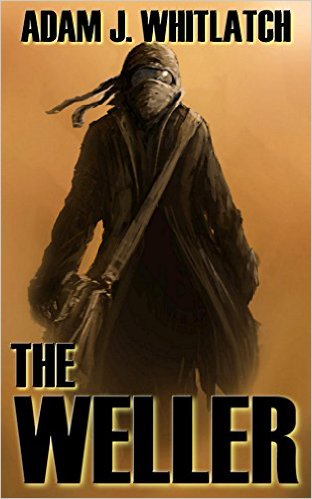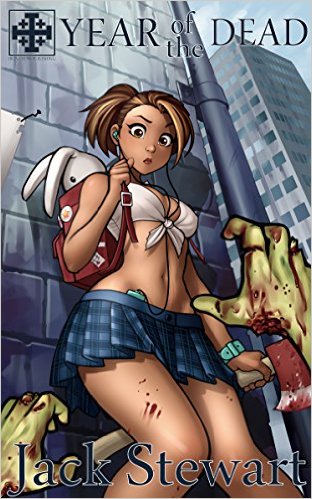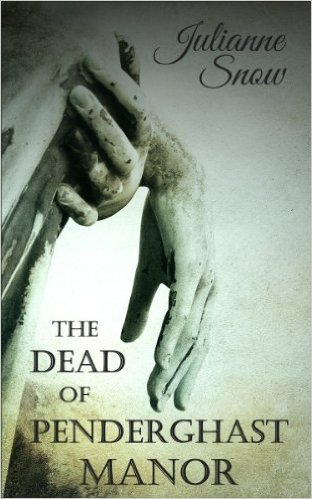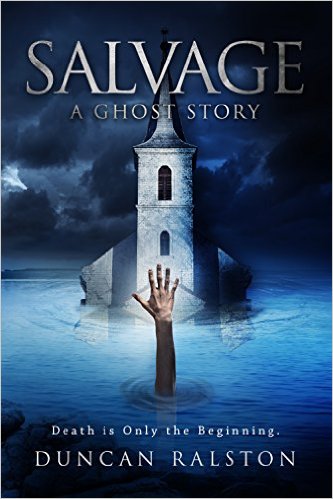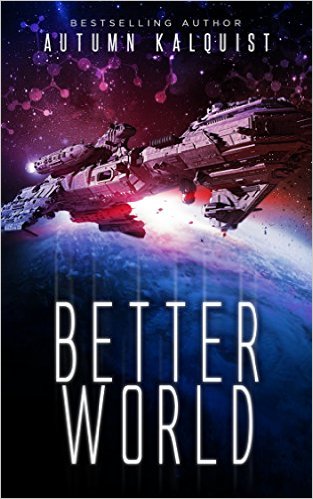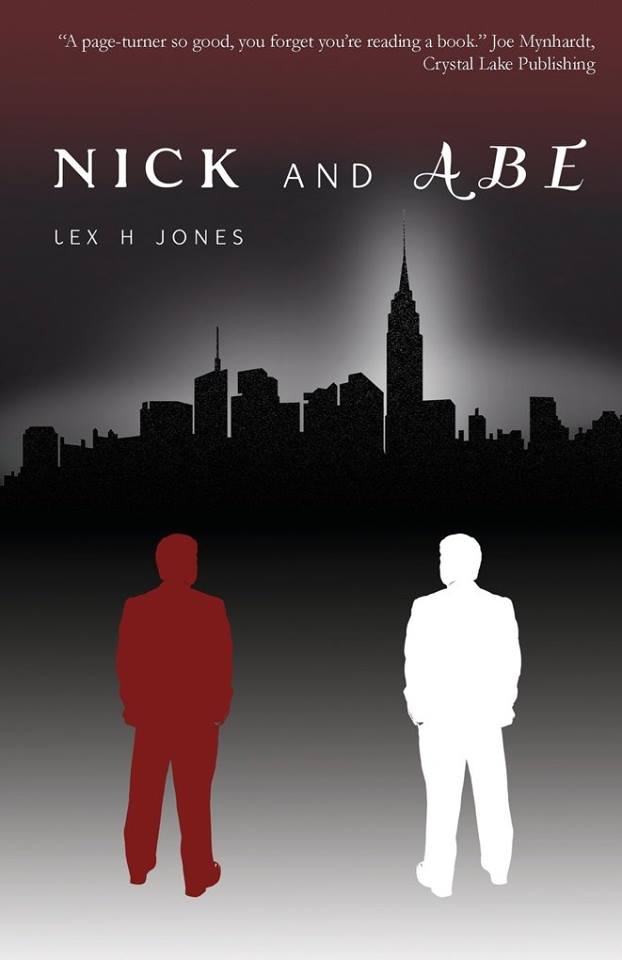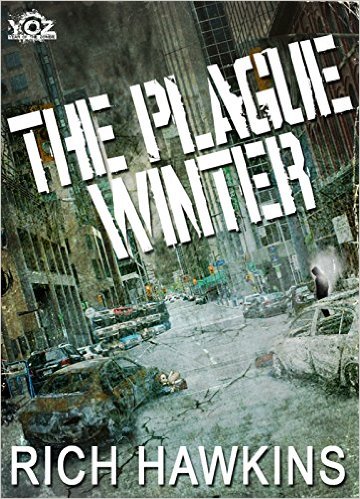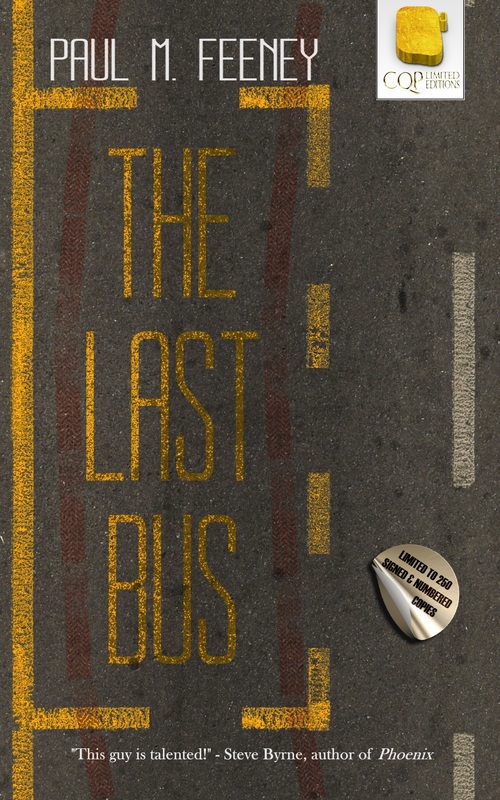
The Last Bus
Paul M Feeney
guest post by Duncan Ralston
Genre: science fiction
Sub-genre: horror
Novel, novella, short story: novella
Serial or stand-alone: stand-alone
Setting: UK
Characters: Multiple viewpoints
Synopsis: We’ve all been there – the dreaded early morning commute.
The surly driver; the obnoxious teenagers; the guy who just has to invade your personal space; the awkwardness as everyone avoids any kind of social interaction with anyone else; the frustrations of snarled-up traffic and tail-backs.
For most of us, the trip on public transport is about as bad as it gets.
For these passengers, it’s about to get a lot worse.
Jonathon, Justine and Hanna don’t know each other but they’re about to be thrown together as a simple journey to work turns into a race for survival when a mysterious object falls from the sky, initiating an alien invasion. Mutated monsters, trigger-happy soldiers and personality clashes abound on:
The Last Bus.
Excerpt: “Its long journey had taken it through star system after star system; past supernovas, dying suns, and uncounted dead planets.
But now, sensors buried deep beneath the thick crust of stone, dirt and metal awoke from their state of suspension. Basic modes of detection, designed for purpose alone, had picked up life signs on a nearby planet in a solar system on the edge of the galaxy. These in turn caused more sophisticated mechanisms and control to spiral into full function. The object buried at the heart of this artificially formed meteor—an artefact left over from a long forgotten war the participants of which had crumbled into dust thousands of millennia ago—rumbled into life, its singular programmed purpose initiating.
It began to carve out a space within its protective shell—a shell that would mostly burn away as it passed through the atmosphere it could detect—in order that it might have more room to carry out the role it was created for.
Through complex calculations, specific incremental changes in pressure within the widening cavity ensured that the object’s trajectory would intercept the third planet orbiting a relatively small star.
A planet that was teeming with life.”
Thoughts: This is an excellent novella, and the first longer work from Feeney, whose previous release was the short story The Weight of the Ocean from Phrenic Press. I read his previous… novelette, I guess it was, and was impressed enough to nab this one on paperback. The characters of The Last Bus are well-drawn, the concept was set-up deftly, and the tension on the bus ratcheted up quickly. Even without the invasion, this would be an interesting bus trip. Once the invasion starts, roles are quickly fallen into: the nurse, the driver, the leader. Trying to get out of the city, it’s clear they’re on their own. The invasion must be contained.
The invasion itself is handled well, in what could easily have felt corny in less able hands. Feeney knows the genre well, and uses it to the story’s advantage.
I did feel that a lot more tension and scenes could have been wrung from the concept, as if this was only the beginning of a larger novel—a prologue, perhaps. Some of the interludes didn’t quite strike a chord with me (in particular, a scene with a speeding car, where the characters felt a little flat, or at least not fleshed-out quite as well as they could have been to draw sympathy), and as an already shorter work, these few interludes distracted from the larger story.
Otherwise, a nasty piece of writing; clear, concise prose that propels the reader from one scene to the next at a good clip. The fact that I read it in a day is more a testament to how compelling the story was than its short length.
About the author: “Hi, I’m Paul M. Feeney (obviously) and I’m relatively new to the writing/publishing world, having only been writing for a few years. To date, as you can see, I’ve had two short stories released, though I do have a few more forthcoming. My main area of interest is in horror and dark fiction.
I’ve just had my first novella released by Crowded Quarantine Publications. Entitled The Last Bus, it’s an alien invasion story which follows the (mis-) fortunes of a group of people trying to escape a ravaged city on a bus. Only available in paperback from the publisher, in a limited run of 250 signed and numbered copies.
I hope if you’ve liked the stories I’ve written so far, you’ll stick with me and read what’s still to come. I have many, many tales I want to share and love nothing more than knowing that other people have enjoyed reading them.
Peace out :-)”
Links:
The Last Bus is available as a limited edition signed and numbered paperback from Crowded Quarantine Press.

About Duncan Ralston: Duncan is the author of the anthology Gristle and Bone, the shorts stories “How to Kill a Celebrity” and “Dead Men Walking” and the novel Salvage. He is the first guest contributor to Poets of the Dead Society. Many thanks to him for his excellent post introducing Paul M. Feeney and The Last Bus.
